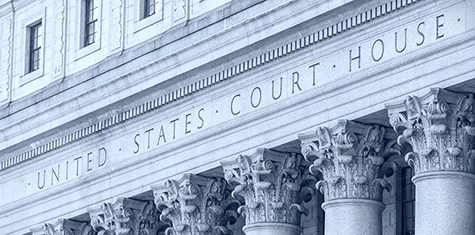As a young lawyer, one of my clients faced a difficult decision on whether to make a payment. I consulted with a senior partner about what to do. His advice? “When in doubt, keep the money.” Part of the reason this was such good advice was the impact of the voluntary payment doctrine, which can prohibit the recovery of payments made to a third party – even if the payment was not actually due.
The Arizona Court of Appeals recently re-affirmed the importance of the longstanding voluntary payment doctrine in its decision in Wood v. Northwest Hospital, LLC, 473 P.3d 729 (Ariz. Ct. App. 2020). Dr. Wood was a radiologist who received base compensation from Northwest Hospital and was also entitled to receive a “productivity payment” if he worked more than the parties anticipated. That productivity payment, however, was subject to a “maximum compensation” cap. Dr. Wood outperformed expectations and the hospital paid him compensation well in excess of his base compensation, but also well over the maximum compensation cap. Not surprisingly, Dr. Wood accepted the payments from the hospital.
The next fiscal year, however, the hospital discovered its error in paying Dr. Wood amounts over his agreed-to compensation cap. After discovering the overpayment, the hospital withheld amounts that were properly due to Dr. Wood. Thereafter, Dr. Wood retained counsel and litigation ensued. In the litigation, both Dr. Wood and the hospital agreed that the payments to him in the previous fiscal year exceed the maximum compensation cap under his contract. Dr. Wood, however, relied on the voluntary payment doctrine to avoid repaying the hospital. The voluntary payment doctrine provides that “a party cannot . . . recover money voluntarily paid with a full knowledge of the facts, and without any fraud, duress, or extortion, although not obligation to make such payment existed.” Id. at 733. The court found that the hospital had full knowledge of the facts regarding Dr. Wood’s compensation and therefore was unable to recover the overpayments made to him, despite both parties acknowledging those payments exceeded the maximum compensation cap under his contract.
Although the decision in Wood related to employee wages, the voluntary payment doctrine has been applied in a variety of the jurisdictions and circumstances. See Merrill v. Gordon, 140 P. 496 (Ariz. 1914), see also Putnam v. Time Warner Cable, 649 N.W.2d 626 (Wis. 2002), Rohrville Farmers Union Elevator Co. v. Frison, 42 N.W.2d 354 (N.D. 1950), Joannin v. Ogilvie, 52 N.W. 217 (Minn. 1892). Accordingly, a party may wish to err on the side of caution and not make a payment with the hope it might be recovered later.


